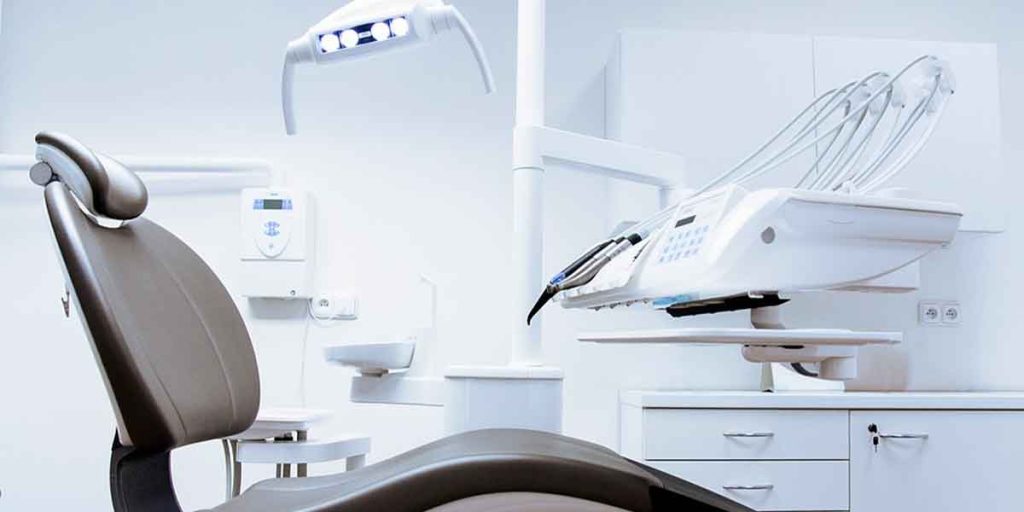You recently had an extraction and now find yourself in need of a bone graft by a weekend dentist near me. Maybe you’ve broken or lost some teeth, or perhaps it’s due to aging problems. Whatever your reason, you’re ready to take action and get on with your life! But, first, you need to have a clear understanding of the dental bone graft.
What is a bone graft?
A weekend dentist near me typically uses a bone graft when someone has lost all or part of their alveolar ridge. It is the top gum area that holds your back teeth. The procedure allows room for natural teeth but also leaves enough space for implants.
A dentist makes sure to fill this gap with organic material so that new bones can grow into place. The material used is called autogenous bone grafts, which means the donor is the same person as the recipient.
When does a weekend dentist near me recommend bone grafting?
There are a few reasons why you would need to have bone grafting. A weekend dentist near me generally recommends this treatment when someone has lost all or part of their alveolar ridge. It’s the top gum area that holds your back teeth. If this space isn’t filled, it can cause issues with remaining teeth shifting out of place.
There are several other instances where an individual may find themselves needing a bone graft. It includes broken or lost teeth, tissue death, injury or trauma, poor infusions, failing implants, or delayed healing.
Process of the bone graft by a weekend dentist near me
After careful planning, the oral surgeon will make sure you’re comfortable as possible throughout the procedure. The process generally takes about an hour.
A surgeon will give you anesthesia to keep you comfortable. The graft material is either taken from your chin or hip bone and then placed into position. This material will essentially serve as a framework for the natural bones to grow into place and provide support to your new teeth.
After your procedure, a weekend dentist near me will monitor the area closely and wait for it to heal completely. It takes anywhere between two months or six months.
You are ready for implants insertion after this period if everything looks good on x-rays. Most patients opt to get their implants within 1-2 weeks of completing conditioning treatments. However, it ultimately comes down to your discomfort level during this healing process.
Next comes the restoration stage. This can be done with an implant-supported crown or bridge. Most patients are able to enjoy their newly restored smile within 4-8 weeks of their surgery. The final result is usually a more confident smile that allows you to chew and normally talk again.
Types of bone graft by a weekend dentist near me
There are two options for bone grafts. One which uses your own body and another that uses a donated piece of bone. Both have their benefits. But in this article, we will focus on autogenous bone grafts – your own “body-donated” graft.
Benefits of autogenous bone grafts as per a weekend dentist near me
The donor’s site is a crucial factor in an autogenous bone graft. Using your own bone graft has many benefits over using donated tissue, making it the more reasonable option for successful implant placement.
Let’s have a look at the key pros of going with autogenous grafts.
Easily available at
Organ donors are in short supply. Besides, one of the key reasons to opt for your own graft over donated tissue is it’s very cost-effective!
Lesser chances of complications
Another benefit is that there are fewer post-surgery complications. Using autogenous graft results in less pain and swelling. Hence, you can get moving faster without needing to depend on over-the-counter medications.
Long-term results
When donating bone, the proper surgical technique ensures the best possibility of revascularization upon implant placement. It means that the least potential for failure. So, you have a better chance of having your restoration last long term and staying healthy for years to come.
No rejection like donated tissue
The use of autogenous bone grafts ensures no risk of rejection or immune response because it’s your own tissue. So in events where implants aren’t appropriate due to medical conditions, such as heart, liver, and kidney problems, this procedure would be an excellent option!
Final words – a weekend dentist near me
After autogenous bone grafting, you may experience some limitations on performing regular activities. It may seem like a daunting process, but if you can accept temporary restrictions, the reward of patience is well worth it. However, it’s vital to consult with a weekend dentist near me about what they recommend is best for you and why a bone graft.




